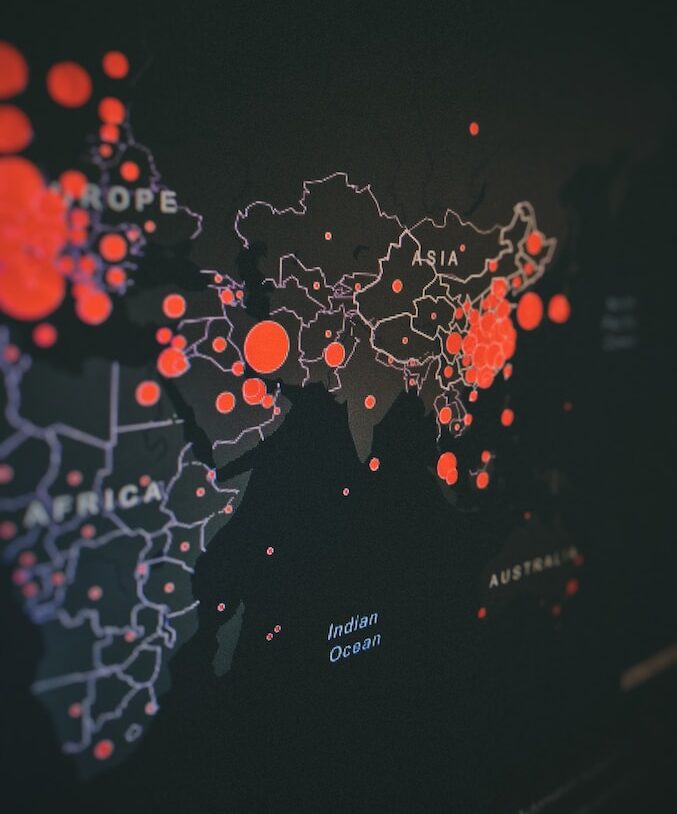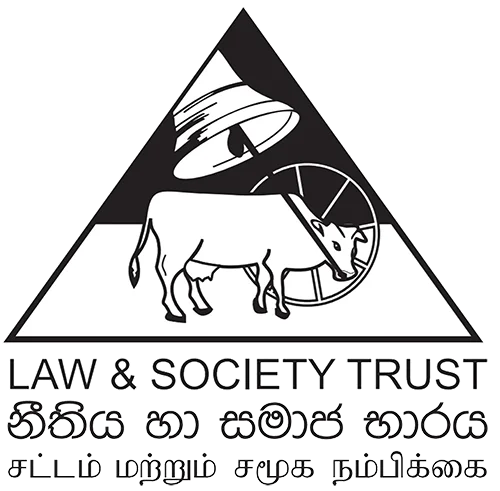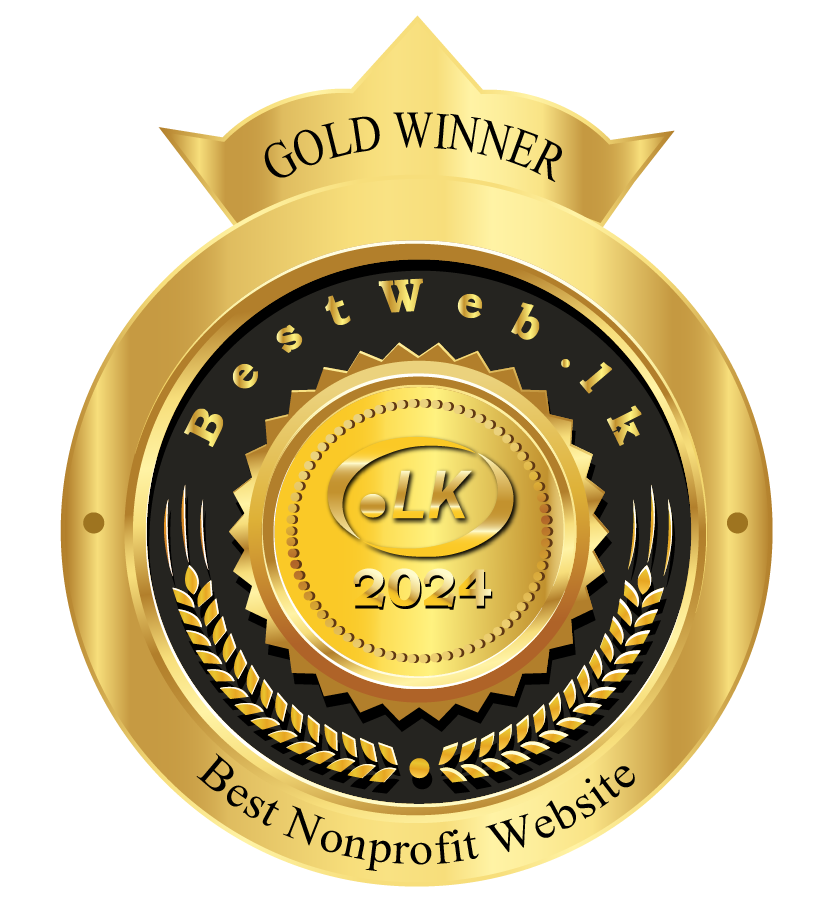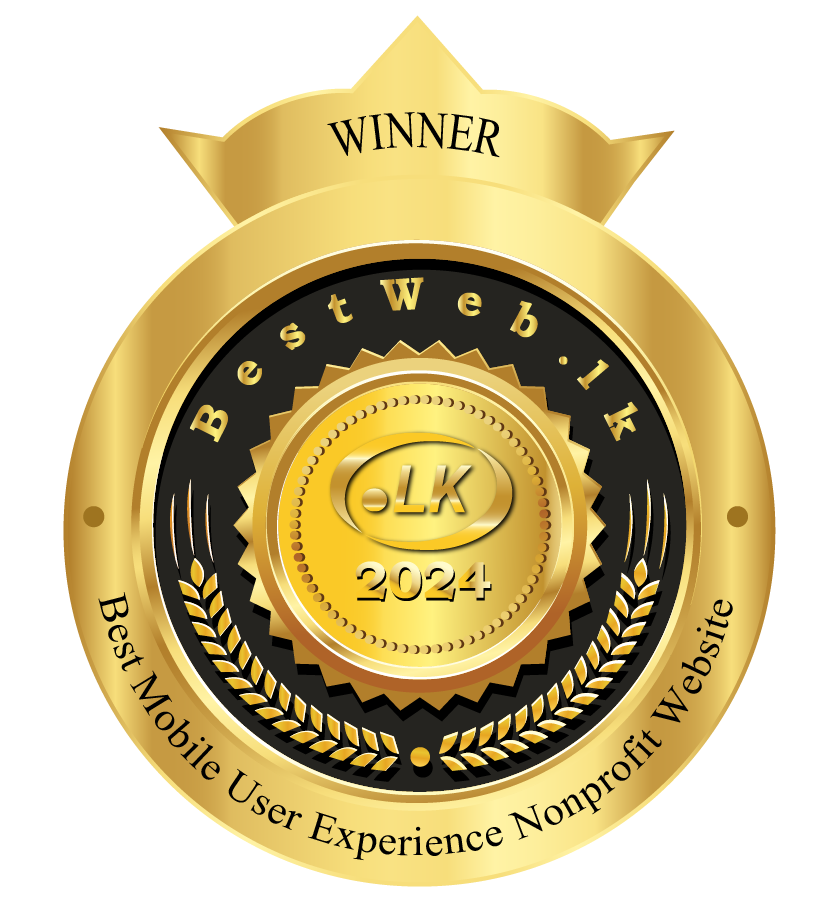Pandemic Justice
Pandemic Justice and Right to Health – Project Brief
LST supports a vigilant civic watch and review of the management of the pandemic and its impact on the people’s
right to health and livelihoods in the aftermath of the pandemic and the economic crisis.
This project aims to strengthen democratic institutions, the rule of law and public accountability that must continue to operate during crisis.

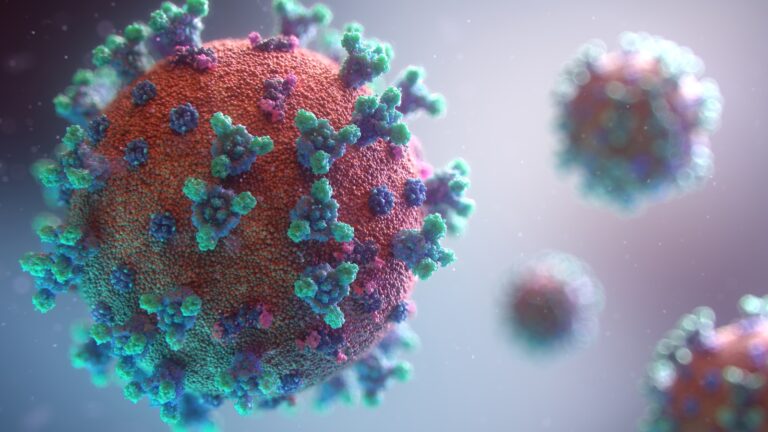


The ongoing activities include:
- Constituting a People’s Commission on Pandemic Justice and Right to Health
- Organizing public hearings, including focus group discussions (FGDs) to gather information on the violation of people’s right to health during the pandemic and subsequent political-economic crisis period.
- A community survey covering diverse occupational and ethnic groups across the country
- Developing policy manuals
- Record hearings and synthesize policy reports to drive reforms and ensure accountability.
- Creating social media materials
- Advocacy to support people’s struggles in searching for accountability, policy recommendations and other social interventions to advance the right to health.
Research objectives and expected outcomes:

Civic Watch on Covid (Completed)
A 12-month monitoring and reporting initiative to support active citizenship during the COVID-19 pandemic
Active citizenship is manifested through democratic dialogue and active listening between the government and citizens and inclusive citizen participation in democratic decision-making processes depends on the creation and availability of civic spaces.
This project aimed to strengthen democratic institutions, rule of law and public accountability during this crisis through a vigilant civic watch.
While the government was challenged to make rapid decisions in an unchartered context, citizens must ensure that this necessity is not abused to make unilateral and arbitrary decisions as well. There remains the necessity to consult independent professionals and experts and use established democratic institutions and processes and transparent administrative structures. Citizens in a functioning democracy must never lose their agency and governments must strive to garner public trust even as they make difficult decisions.
